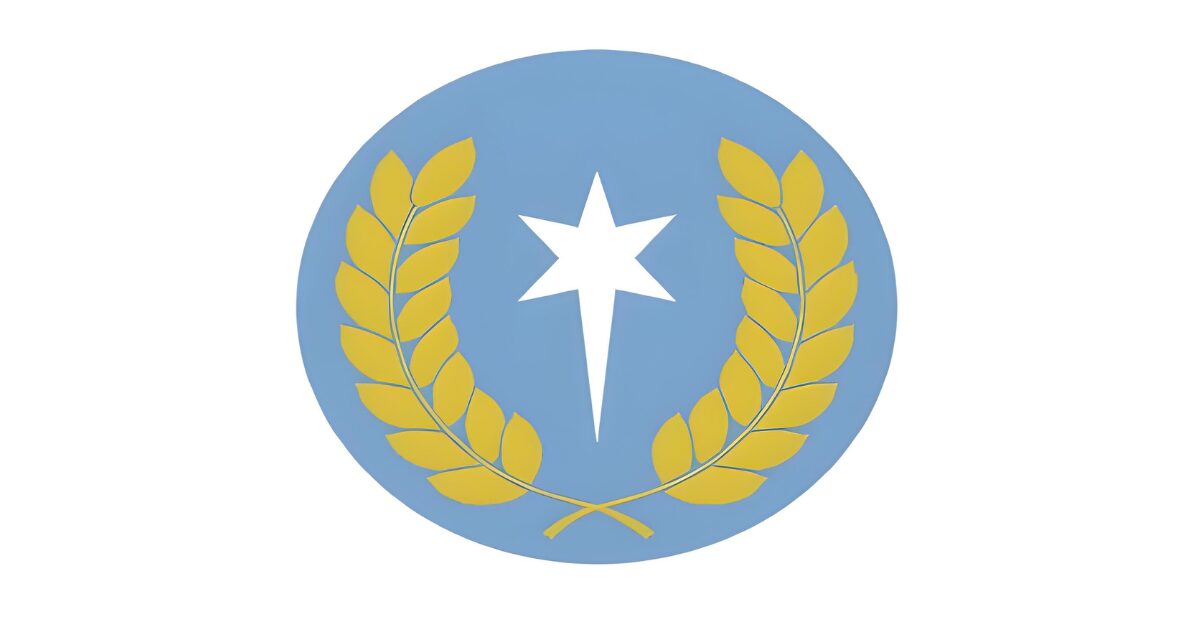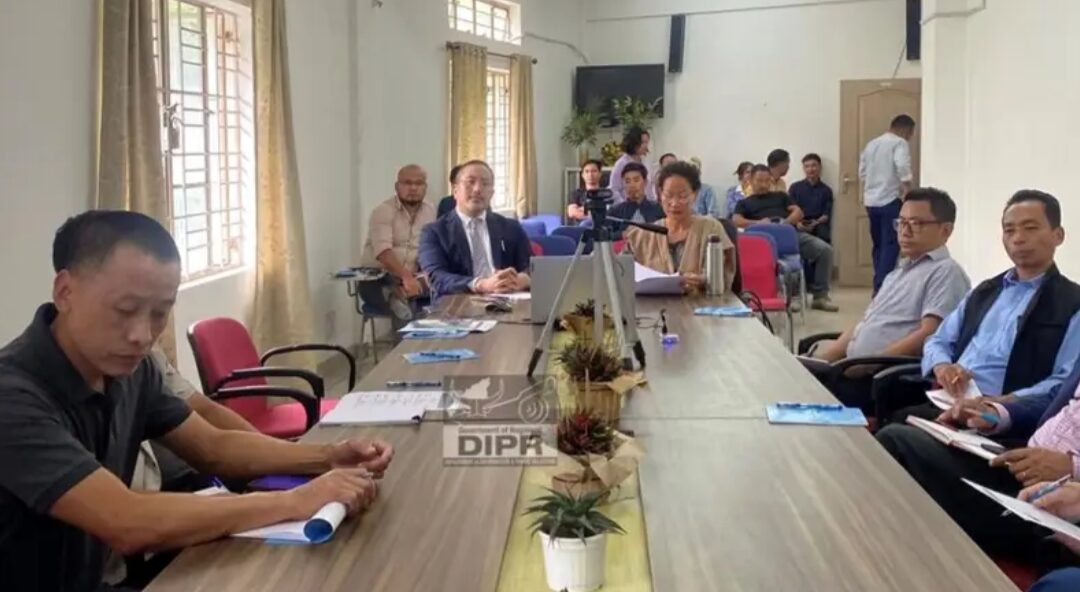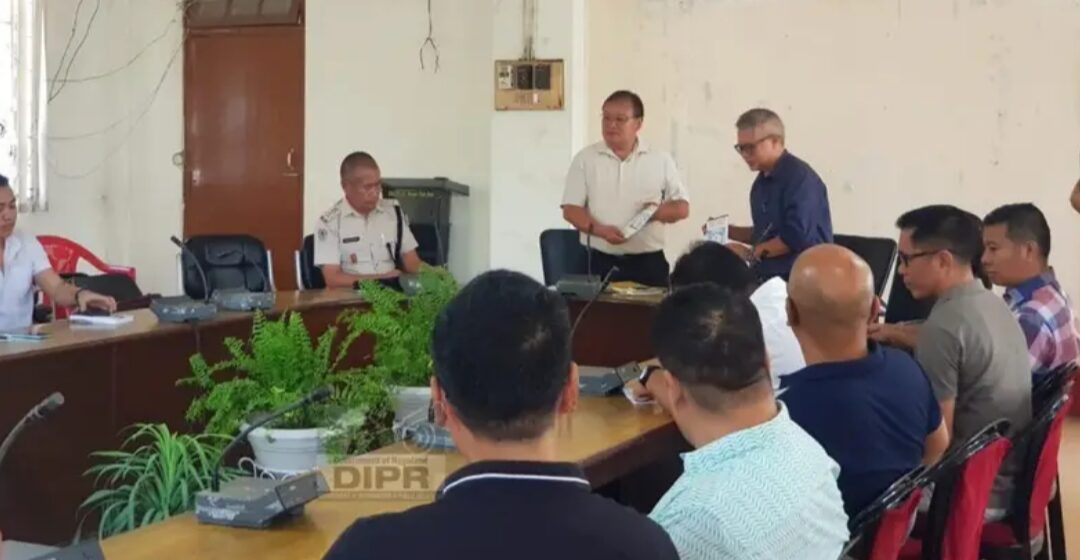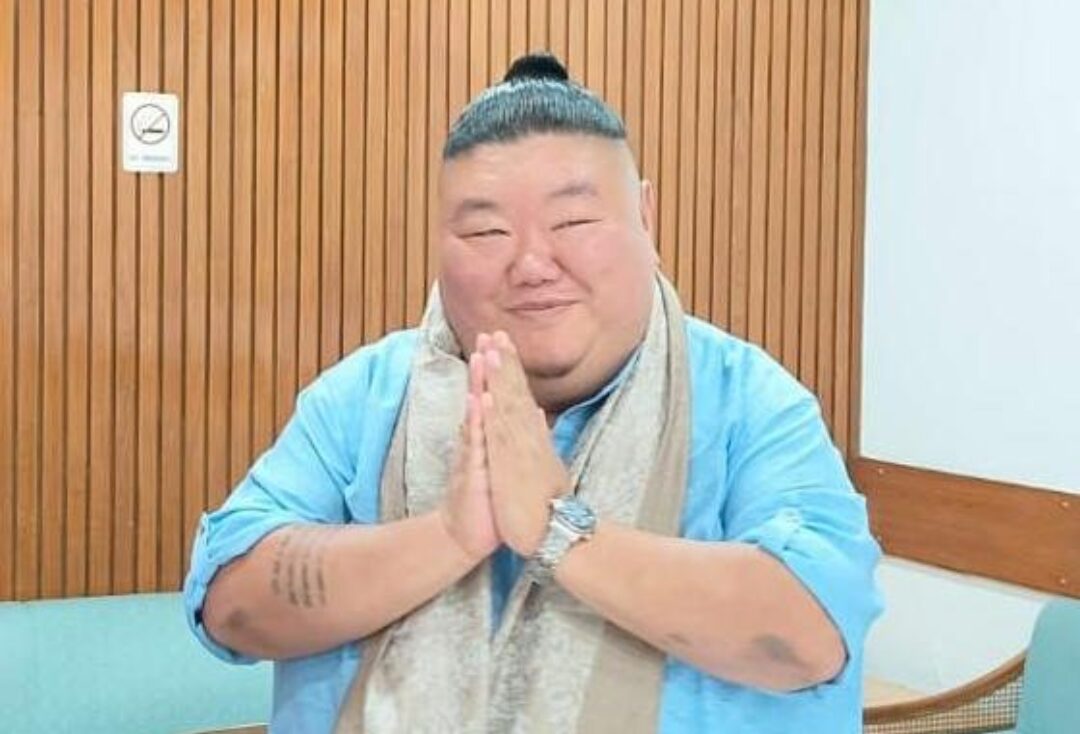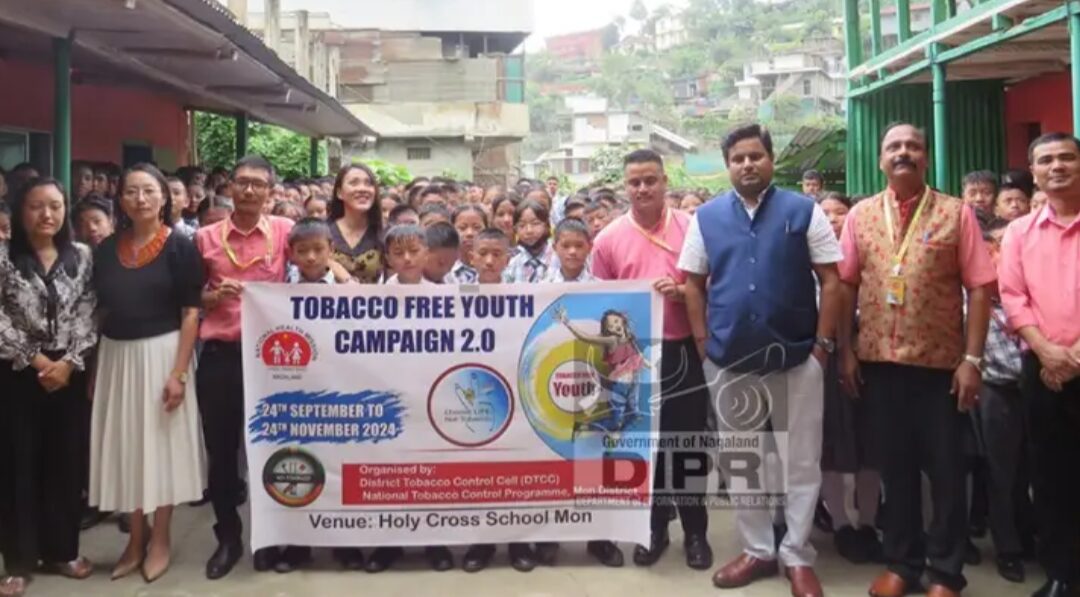The National Socialist Council of Nagaland (NSCN)/Government of the People’s Republic of Nagaland (GPRN) has vehemently condemned the Indian government’s recent decision to abolish the Free Movement Regime (FMR) and construct fencing along the Indo-Myanmar border. This move, according to the NSCN/GPRN, is a blatant attempt to further fragment the Naga people and undermine their long-standing national struggle.
The NSCN/GPRN argues that this policy is a continuation of the colonial “divide and rule” strategy, aimed at crushing the Naga resistance. By reinforcing artificial international boundaries, the Indian government is effectively segregating Nagas living in both India and Myanmar, despite their historical and cultural unity. This action is seen as a direct assault on the brotherhood and national identity of the Naga people.
The group emphasizes that the arbitrary division of Nagalim is unacceptable and a flagrant violation of international law. Nagas do not recognize these imposed boundaries and view such actions as an attempt to fragment their nation. The NSCN/GPRN stresses that these measures will only exacerbate the long-standing Indo-Naga political conflict rather than resolve it.
Also Read: Nagaland’s NH-29 crisis: Frustration grows over delayed repairs
Despite the Framework Agreement signed on August 3, 2015, the Indian government’s actions have deeply wounded the Naga community. The scrapping of FMR and the construction of border fencing are seen as deliberate moves to undermine the peace process and the rights of the Naga people. The NSCN/GPRN has condemned these policies in the strongest terms, warning that any adverse consequences will be squarely on the shoulders of the Indian government.
The NSCN/GPRN has reaffirmed its unwavering commitment to the Naga nation’s rights and sovereignty. The group has vowed to stand by their God-given right as a nation, indicating that they will take all necessary steps to protect their identity and unity. This stance reflects the deep-seated frustration and determination of the Naga people in the face of what they perceive as oppressive policies.
